I’m a very lucky man, having (at 70) health, wealth, love, and wisdom.
WAMC radio’s Joe Donahue interviewed Janice Kaplan about her book, How Luck Happens: Using the Science of Luck to Transform Work, Love, and Life. The word “luck” connotes randomness, what the ancients called “fate,” which many believed governs one’s life. Many still do; some cultures actually promote a philosophy of fatalism. It’s captured by the saying, “Man plans and God laughs.” In other words, don’t even bother.
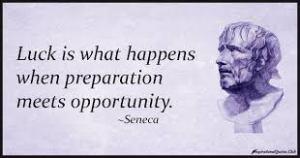
In short, we make our luck. In the main, good and bad things don’t just happen, they are consequences of our actions, which in turn are largely within our control. Kaplan discussed various ways in which how we act shapes our “luck.” One big factor is, plain and simple, hard work.
To be sure, virtue is not always rewarded, and crime often pays. Justice is not one of the principles governing the Universe. But still, our actions have consequences, for good or ill, and a lot of what happens to us does happen for reasons.
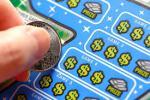
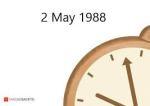
Having (what I think is) wisdom didn’t just happen either. One day my wife had casually suggested I write for our daughter everything I wanted her to know.
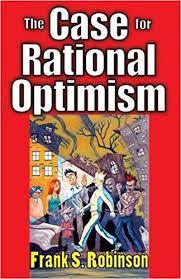
All the foregoing may sound self-congratulatory. I do feel I’ve earned my blessings through my efforts, and a character and personality that propelled those efforts. Yet whence came that character and personality? Did I create them myself out of some primordial personal virtue?
I’ve written before about the philosopher John Rawls and his book, A Theory of Justice. The essence of justice would seem to be people getting what they deserve. But the word “deserve” can be tricky. Regarding how one fares in life — mainly wealth versus poverty — Rawls doubts that that results from deservingness in any true sense, as opposed to luck. Even if someone gains wealth through perspicacity and hard work, aren’t those attributable to character traits they are lucky to possess? Handed to them by the great cosmic lottery rather than, again, created themselves out of some pre-existing virtue?
I am very cognizant that all my fortunate characteristics, which have been rewarded, were indeed handed to me by luck. I am the product of having been born into the circumstances I was born into, and feel grateful. Of course, many people born in favorable circumstances squander them through fecklessness. However, isn’t that very fecklessness itself part of their inheritance? So they really weren’t handed a golden chalice after all?
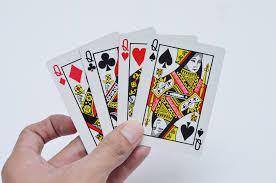
This begs the issue of free will, which I’ve written about as well. In a nutshell, yes, we are creatures of determinism, to a considerable extent; and the idea that there is a unitary “self” that controls the thoughts we have and the decisions and choices we make is very problematical. Yet our conscious minds are not nonexistent fictions. We not only have thoughts, we can think about our thoughts. We have impulses, deterministically instantiated, but can control them; we do it constantly.

Kaplan was asked specifically about the notion of “lucky in love.” Her response was interesting, and wholly consistent with her basic theme that it’s always up to us and how we run our lives. People think “lucky in love” means finding the right partner. But Kaplan insisted that that actually isn’t so important. What matters more is the investment one makes in a relationship (not financial, of course, but psychic and emotional). Too many people are imbued with the romance of romance, expecting it to be magical. But “magic” is an illusion.
In line with this, the Chinese government — whose former one-child policy has created a worker shortage — now urges people to be less picky about marriage partners, and to settle for someone “more or less OK.” I myself — when single at forty — would have thusly settled. But I was lucky to find the perfect partner.
I also thought about the decade I spent investing with a previous partner, trying to make that relationship work.

Lucky for us both.
* It’s been said a lottery is a tax on those who don’t understand math.
Advertisements